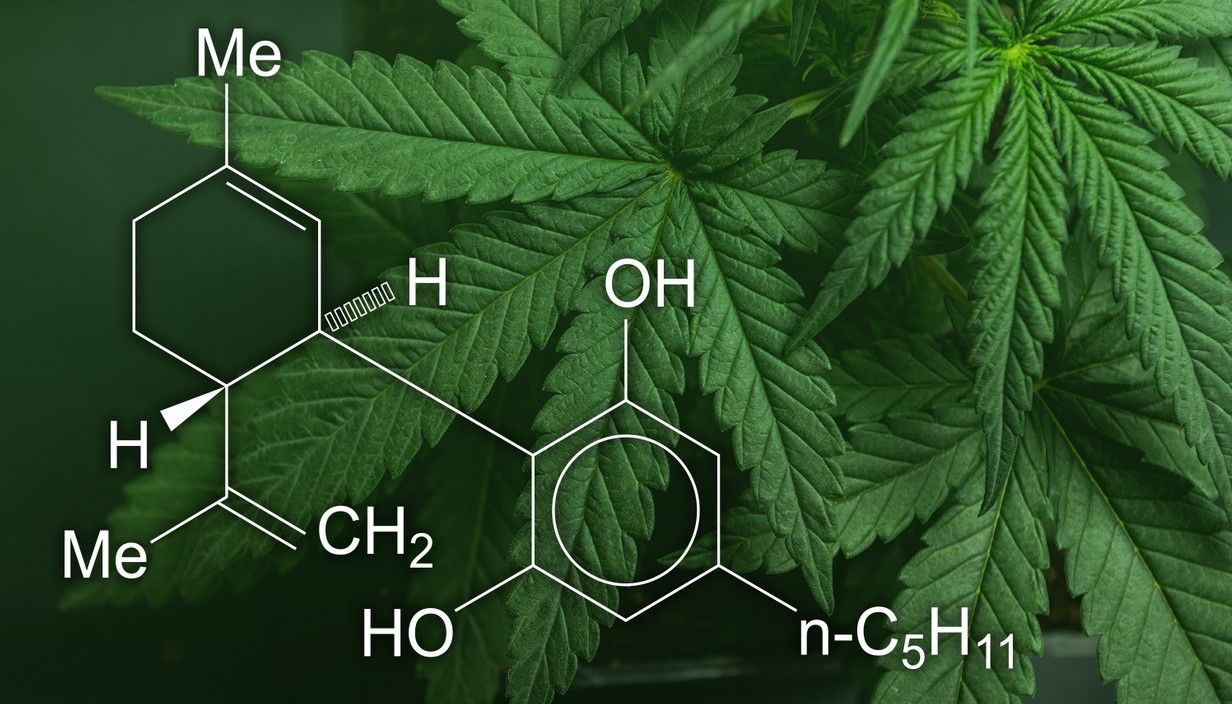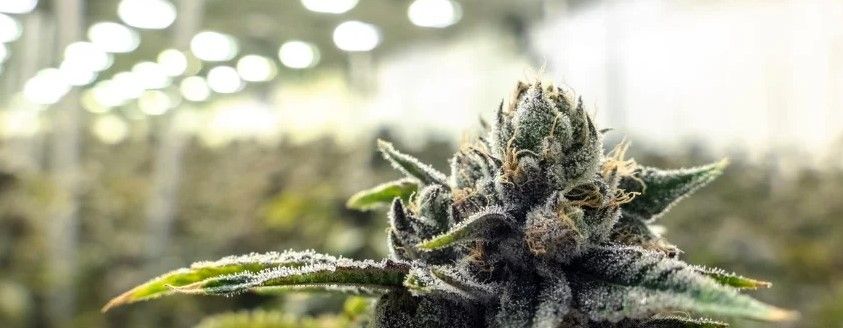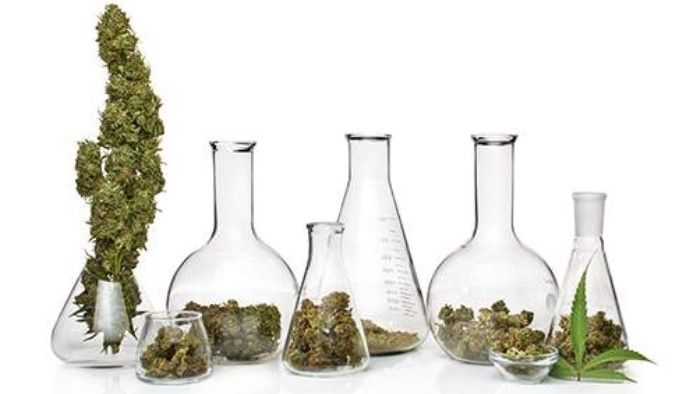What made those smoking sessions so great? Was it the bud’s sweetness, the smoothness of the toke, or the flower’s delightful smell? Whatever your reason, many people choose cannabis because it’s a natural solution; expecting a haut level of quality.
This is what consumers are told they should expect from recreational drugs. Many people who use these drugs depend on lab testing to understand what they are buying. However, many products with inflated THC rates and inaccurate measurements of minor cannabinoids are surfacing on dispensary shelves.Without knowing it, many consumers who use cannabis products daily are smoking pesticides, molds, and chemicals. The industry is trembling because of this lack of awareness among product users.
More and more cannabis users are learning about the truth behind testing regulations, which usually benefit those with fraudulent results. With this new perspective, change is beginning to happen in the industry. We believe that this will be one of the most significant events to occur in cannabis since recreational legalization.
Potency Inflation is Controlling a Multi-Billion Dollar Market
Once marijuana became a profitable business, large companies saw an opportunity to make even more money. However, these larger companies typically didn’t have the same standards for quality as small craft growers and family businesses. In order to cut corners and save costs, they began paying testing labs to give them passing grades regardless of product quality. At the same time, these companies were also promoting THC levels without disclosing any potential dangers or risks.
Previously, if a cannabis product possessed high THC levels, it was viewed as being of excellent quality. However, now with many strains averaging these levels, growers are ignoring other qualities like aroma and flavor in their quest for higher numbers. The prevalence of doctored results and increased THC has caused extensive harm to the upstanding growers, laboratories, and businesses in America. Many businesses go bankrupt because they can’t compete with other companies who post dishonest, inflated test scores. With all of the manipulation and fraudulence in the market, it’s difficult to have an honest chance. It seems like this problem will only continue getting worse over time.

A History of Losing Regulatory Control
The introduction of recreational marijuana induced lobbyists and professional testing labs to form an alliance in order to advocate for their interests. This new market generated a demand for more extensive quality control measures, thus providing these groups with the opportunity to profit. They argued that every needed batch should be tested “to safeguard buyers”; however, what they received was mass production from laboratories and lack of clarity from weed companies.
In theory, state-run regulatory agencies are supposed to protect us. Unfortunately, in this instance private labs were given too much power and the system became corrupt. These labs only cared about making a profit rather than doing their job properly.
When farmers fail a test, they usually switch to a more forgiving lab. However, this harms labs who play by the rules and now have to decide between breaking them or going under.
Many labs across the nation have come out with their shared experiences of dishonest growers who want changed results and false information. This deceit perpetuates more dishonesty, creating a echo-chamber where the most sought-after labs are those that give the simplest results. The chemists who created these labs only wanted to be free from greedy growers and business people. Some have put their lives’ work into their labs and are now being forced to break the law as a result. For those that have cheated, they can now be blackmailed through RICO charges coming to light.
Fraud is sadly common in the cannabis industry, and most pesticides used haven’t been verified for safety when smoked. For example, Cannabis Hyperemesis Syndrome (CHS) hasn’t had a documented cause yet,. but it has been associated with use of concentrated THC. Meanwhile, research has shown that pesticide concentrations are up to 10 times higher in a concentrate than they would be if present only in the flower. More study is needed on this topic. Not only is this a problem, but it gets worse – oil extraction comanies can sell dispensaries bad batches of by using test stickers from a batch that did pass. The two factors – lack of research and fraudulent results – have resulted in which ultimately endanger consumers.
To maintain the validity of test results, governing organizations need to set stricter regulations for testing labs. Otherwise, these businesses may want to falsify their findings in order improve their chances of remaining afloat.
What Needs to Change?
Many customers want more transparent testing in the cannabis industry. The ideal situation would be to eliminate the business connection between labs and cannabis businesses. We could achieve this by amending legal language to better enforce testing regulations and compliance. This would allow labs to act as regulators, release test results to consumers, and ultimately safeguard them.
To accurately test for disease and provide unbiased results, private labs should only be contracted by state agencies. This would allow for more thorough testing while also preventing potential pressure from the farms that could lead to fraudulent results.
An innovative software solution that could monitor labs with a license as well as growers. The program would be able to elect which product cycles are sent off to different laboratories and keep track of the data these labs visit dispensaries, testing particular batches along the way.
Cheating growers and labs should be met with more noteworthy punishments. Usually, if you commit fraud in any other industry, your license gets taken away immediately. However, people in the cannabis industry have only received small fines as a consequence up until now. Just recently, two labs in Florida were fined $2,000 to $6,000 for misreporting THC levels.
The Cannabis Community Needs to Take a Stand
The large corporations who thought they could control the cannabis market are in for a rude awakening; the popularity of cannabis is due to the counterculture movement. As this story develops and becomes more important to those involved, activism will become a regular occurrence in every state where it has been legalized.
Your opinion matters! Support craft growers and small farms by letting dispensaries and labs know which sellers are reliable. If a product is subpar or causes negative reactions, make sure the dispensary as well as others who could buy that product are informed.growers can tell if pesticides were used based on symptoms like a sore throat, headache, or nausea. Growers need to start receiving feedback when something goes wrong if they want to improve their product’s quality. By communicating what we as consumers want from these cannabis companies, they will then know how to give us an optimal product. For example, many of us desire a clean taste and smooth smoking experience. By asking for – no, demanding – such things from these businesses, they’re practically forced to change their current grow system and better control the environment. As a result, we receives a higher quality product.
Just because a product has high THC levels, doesn’t mean it was sampled correctly. In fact, many dispensaries selling products with more than 30% THC get concerned when they realize their numbers might be artificially inflated.
If it continues, this pattern of dishonesty will cause serious long-term damage to customers. People lied to should be worried and take action now. Businesses that know they are tricking people need to stop right away.
Why is Cannabis Potency Testing Required?
In most states, labs are required to test the potency of cannabis products before they can be sold legally. This is to ensure that the public is not being given unsafe levels of cannabinoids, especially CDB or hemp extract products. Any product that does not meet these standards cannot be distributed.
Transparency is key in business, and that’s especially true when human lives are on the line. That’s why potency testing is not only required but crucial—it let us know just how safe our products are for consumption. This also offers consumers an idea of the product’s strength so they can gauge what effects to expect after consuming it. Many people who try CBD or hemp-based products don’t want psychoactive ingredients in their system, so this allows them to make an informed decision before buying anything.
Because cannabis is porous, it has the ability to absorb anything it comes into contact with such as nutrients, chemicals or pesticides. In order for products to be deemed safe for consumption, potency tests need to be carried out.
In addition, the testing will discern if any harmful fungus or molds are contaminating the products. If so, this could be a safety concern for those using the product.

Testing Considerations for Cannabis Products
Before anything else, it must be decided if a cannabis product is for recreational or medicinal purposes. This will determine the set of standards the products needs to meet. If the product is medical marijuana, testing must extensive to levels of cannabidiol (CBD), terpenes, and tetrahydrocannabinol (THC) present in order not only understand its healing potential but also what dosage patients should receive based on their ailment.
At Quality Forensic Toxicology, we are dedicated to providing our clients with quick turn-around times. Our results are often available within a few days, and they can be accessed through our web portal. We only use the highest quality products that meet or exceed all legal standards for human consumption.
The Benefits of Cannabis Potency Testing
After testing the potency of cannabis products, users will be able to tell how strong the product is and if there are any contaminants. The specifics for distributing cannabis differ in each state, so it’s pivotal that you check what the regulations are in your state before selling them.
Some states only allow for a few pesticides in products, while others restrict more than 50 different types. If a product does not meet these regulations and is sold anyways, legal consequences could follow.
Furthermore, testing provides customers solace in their purchases. They are confident that they are buying trustworthy items that won’t pose any threat to them.
Quality Forensic Toxicology offers secure and trustworthy third-party testing with a Certificate of Analysis. The document only comes from certified labs and is necessary in some states as it gives purchasers transparency into what they’re buying. The certificate protects those who distribute products to the public, legally speaking, down the line.

